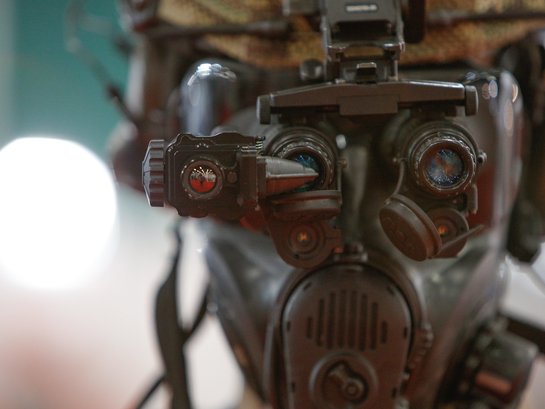Vita
Zahra Bagheri is a researcher in the Arms Control and Emerging Technologies project at the Institute for Peace Research and Security Policy at the University of Hamburg (IFSH). In addition, she has been working on the German Federal Foreign Office funded project Muons for Peace. Before her time at the IFSH, Zahra Bagheri studied Physics in Iran. Since then, she has been working on her PhD at the Universität Hamburg’s Institute for Experimental Physics and exploring Muon tomography as a Nuclear Verification approach.
Research profile
- Astroparticle Physics
- Muography
- Nuclear Verification
Memberships & professional activities
- PhD Candidate at University of Hamburg, Germany
Selected Publications
-
Davoudifar, Pantea,
Keihanak Rowshan Tabari,
Amir Abbas Eslami Shafigh,
Ali Ajabshirizadeh,
Zahra Bagheri,
Fakhredin Akbarian Tork Abad,
Milad Shayan. 2021.
Development of a Local Empirical Model of Ionospheric Total Electron Content (TEC) and Its Application for Studying Solar-Ionospheric Effects.
Scientific Reports
11: Article 15070.
DOI: 10.1038/s41598-021-93496-y.
-
Davoudifar, Pantea,
Zahra Bagheri. 2020.
Determination of Local Muon Flux Using Astronomical Charge Coupled Device.
Journal of Physics G: Nuclear and Particle Physics
47: Article 035204.
DOI: 10.1088/1361-6471/ab50c9.
-
Shayan, Milad,
Pantea Davoudifar,
Zahra Bagheri. 2017.
The Study of Variations of Low Energy Cosmic Helium’s Flux (up to 6 MeV) Due to Solar Activity.
Advances in Space Research
59 (8): 2186-2191.
DOI: 10.1016/j.asr.2017.01.035.
-
Bagheri, Zahra,
Pantea Davoudifar,
Gohar Rastegarzadeh,
Milad Shayan. 2017.
Application of CORSIKA Simulation Code to Study Lateral and Longitudinal Distribution of Fluorescence Light in Cosmic Ray Extensive Air Showers.
Journal of Astrophysics and Astronomy
38: Article 4.
DOI: 10.1007/s12036-017-9424-2.






